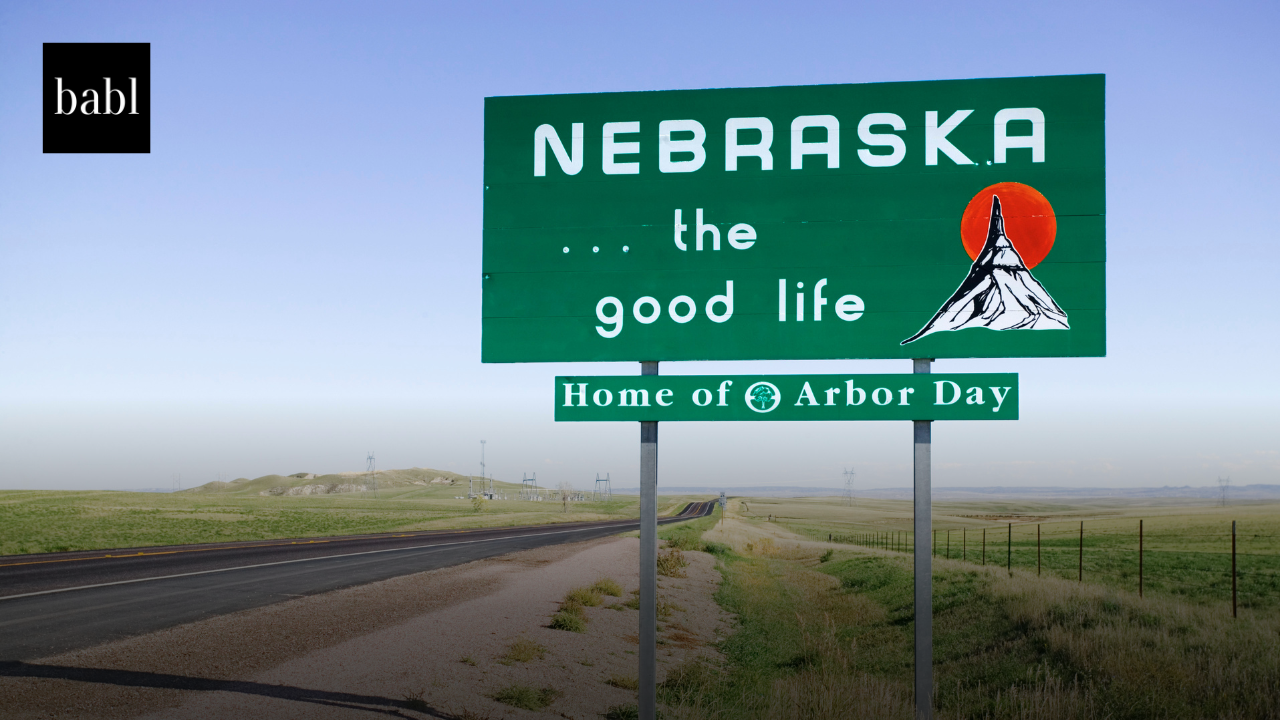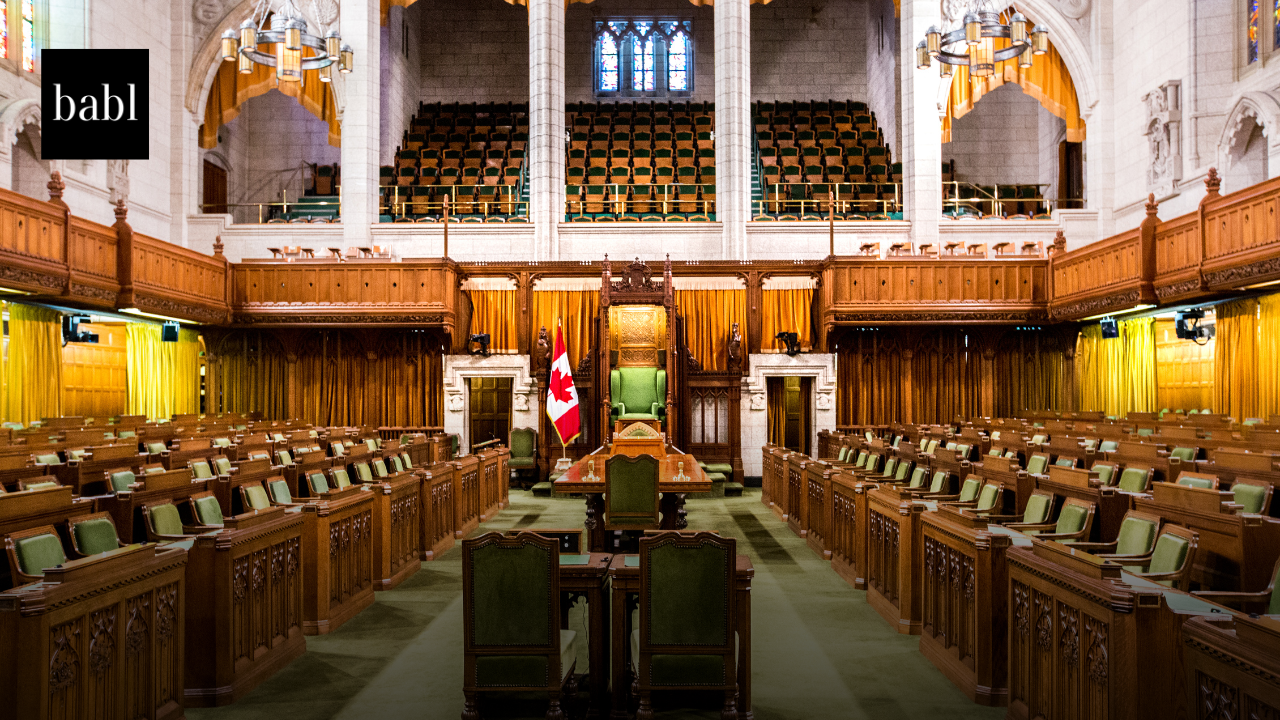UPDATE – SEPTEMBER 2025: Nebraska’s AI legislation, Legislative Bill 1203 proposed requirements such as disclosing AI-generated content in political ads and restricting deceptive AI-generated media near elections. However, the bill’s status shows it was indefinitely postponed by the Legislature on April 18, 2024, meaning it did not advance to becoming law in that session. The bill did not pass and is considered failed as of that date.
ORIGINAL NEWS STORY:
New Nebraska Bill Seeks to Regulate AI-Generated Political Ads
2024 is a big election year in the United States, which is why several bills at the state level are looking to regulate AI generated media. In the state of Nebraska, Legislative Bill 1203 looks to amend the Nebraska Political Accountability and Disclosure Act. It defines several new terms related to the use of AI to generate political advertisements and media.
The bill defines “AI” as a machine-based system that can make predictions, recommendations, or decisions to influence environments based on machine and human inputs. It defines “depicted individual” as someone falsely represented in “materially deceptive media.” “Materially deceptive media” is any image, audio, or video that falsely depicts an individual and was AI produced. The bill defines “qualified political advertisement” as any paid ad relating to a candidate, election, or ballot measure that contains imagery, audio, or video that’s AI generated
Under the bill, qualified political ads AI generated must include a statement disclosing that fact. The statement must be clear, conspicuous, and match the language used in the ad. Exceptions include news and commentary programs that acknowledge the AI-generated content is not real. Another exception is broadcasters running ads and distribution platforms with a policy requiring AI disclosures.
Therefore, the bill prohibits distributing “materially deceptive media” within 90 days of an election if the intention is to harm. However, exceptions allow distribution when media includes a disclaimer that it’s manipulated and doesn’t depict real speech or conduct.
Accordingly, the Attorney General, depicted individual, harmed candidate, or organization representing deceived voters may seek injunctive relief against violations.
Need Help?
Consequently, with every day comes a new AI regulation or bill, and you might have questions and concerns about it. Don’t hesitate to reach out to BABL AI. Their Audit Experts stand by, ready to provide valuable assistance.





